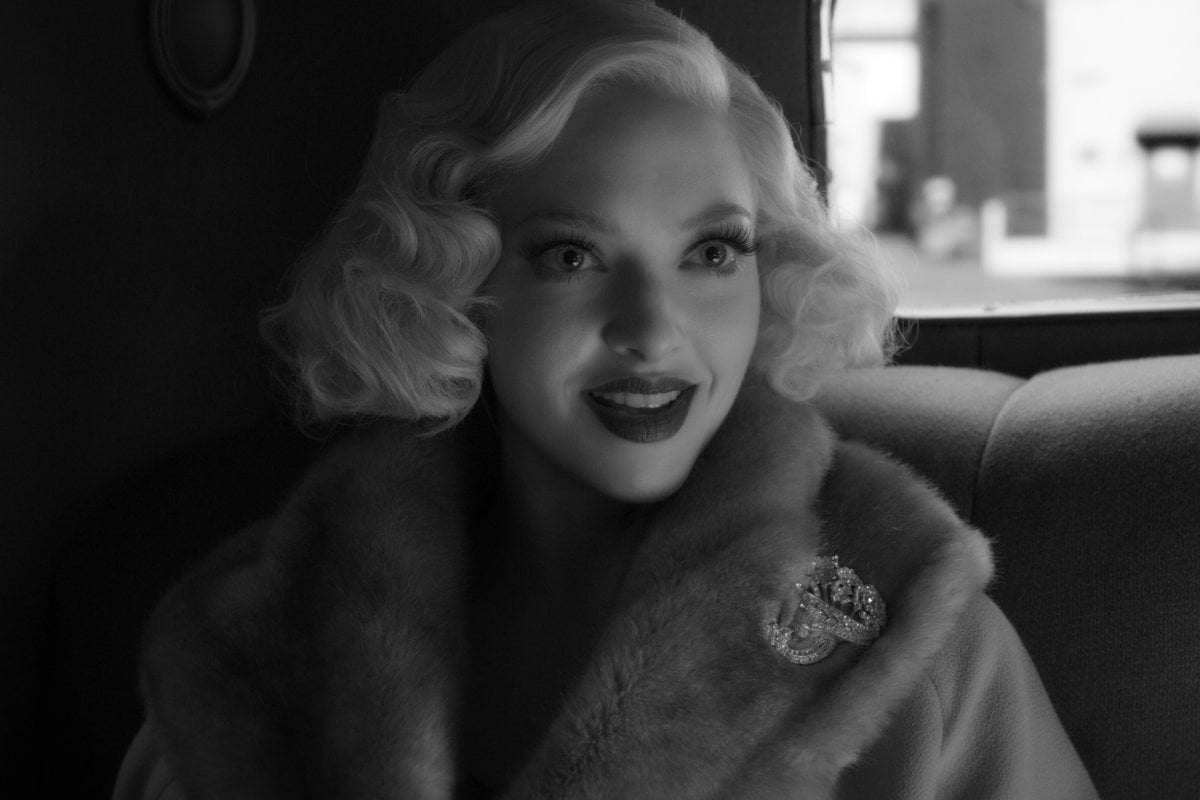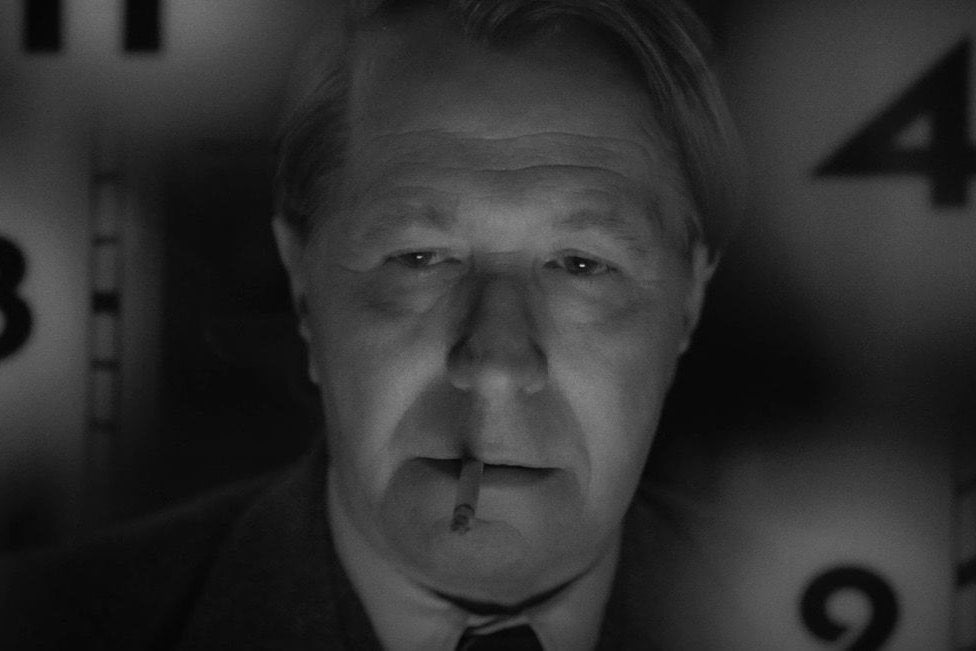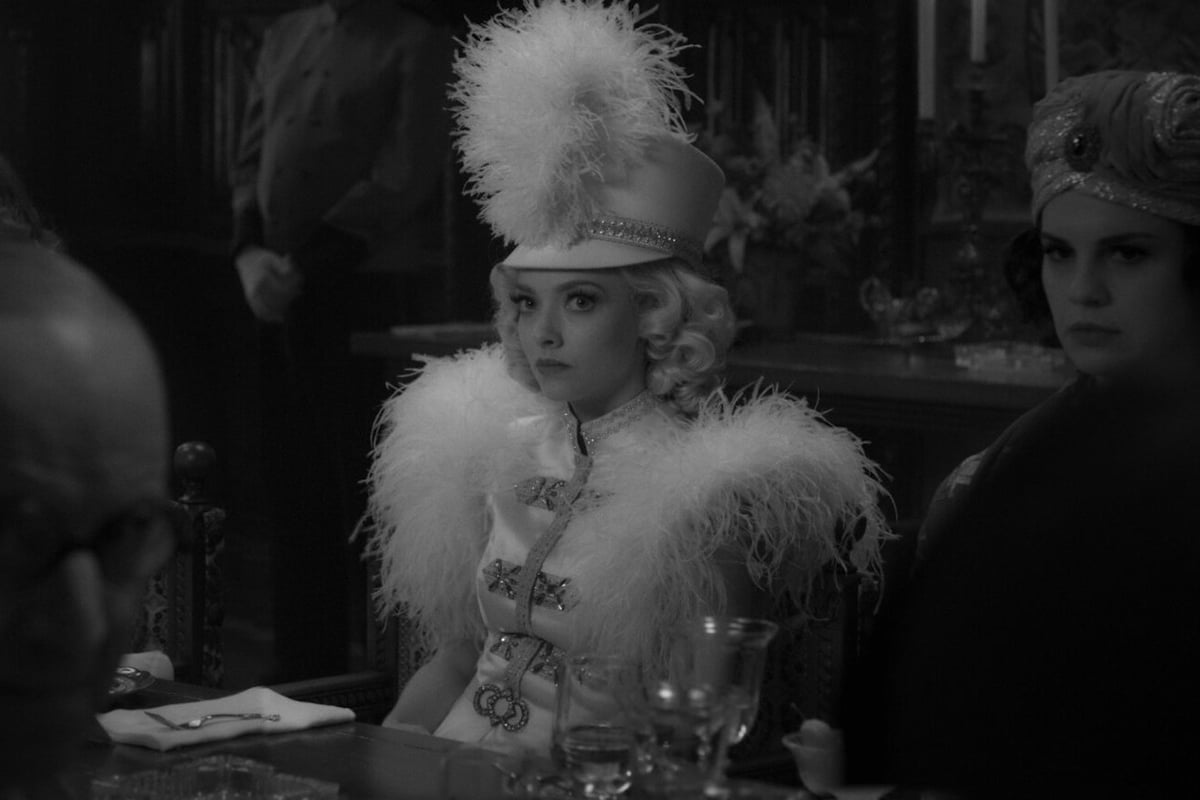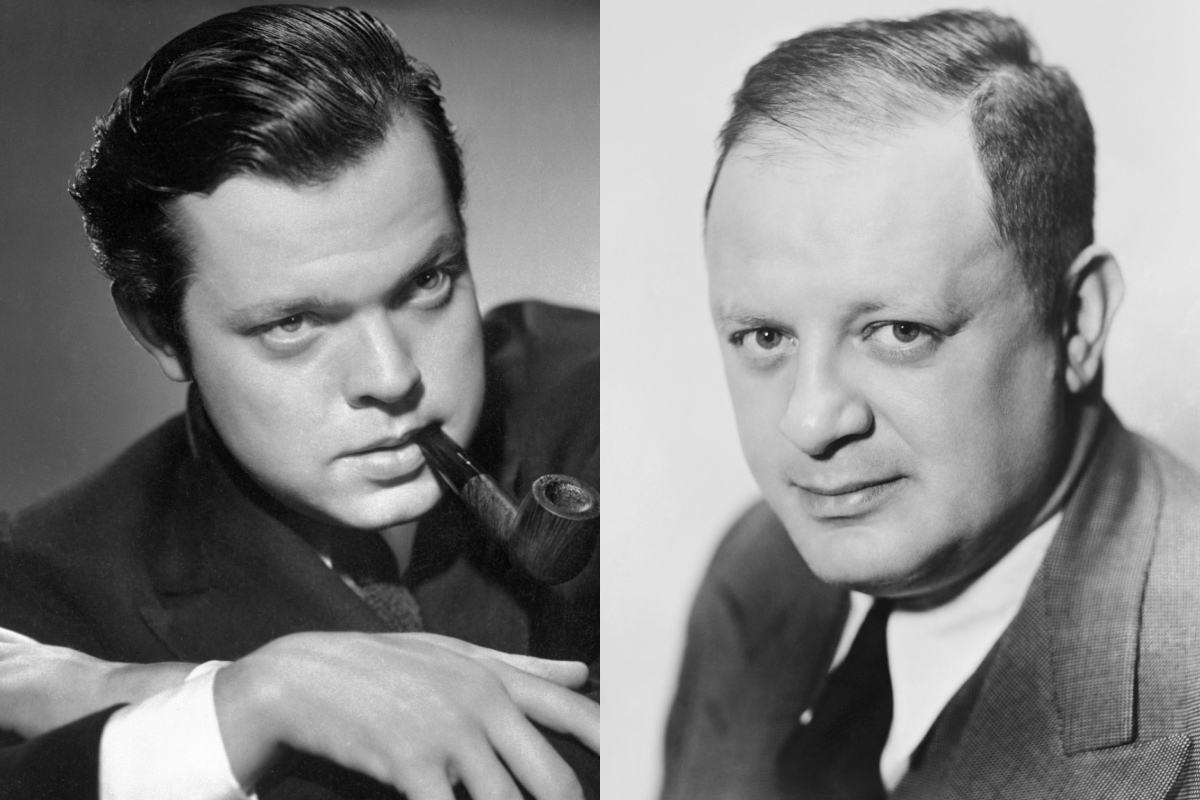
For many, Mank is seen as a love letter to classic Hollywood.
The film, which has been nominated for 10 Academy Awards, including Best Picture, Best Director, Best Actor, and Best Supporting Actress, follows screenwriter Herman J. Mankiewicz as he writes the screenplay for Citizen Kane.
But Mank isn't just a love letter to old Hollywood. In fact, it's much more personal than that.
Watch the trailer for Mank below. Post continues after video.
In the early 1990s, Jack Fincher wrote a script about the creation of Citizen Kane.
Jack, a prominent journalist in the United States, considered Citizen Kane to be the best movie ever made. He was fascinated with the story behind the film, and he "loved to channel the greats" in his work.
Initially, Jack's son, director David Fincher, intended to make his father's movie after he completed The Game in 1997.
But with no studio keen on making a movie designed to be in black and white, the film never came to fruition.
Then, in 2003, Jack Fincher passed away.
In the years that followed, David Fincher continued his film career, directing Zodiac, The Social Network, The Girl with the Dragon Tattoo, and Gone Girl.


